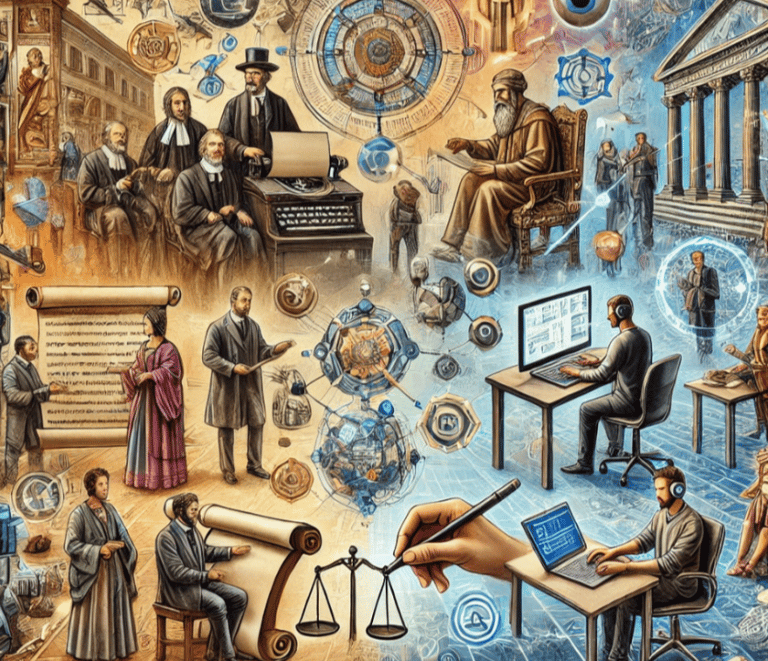The Evolving Role of Translators in a Technology-Driven World
From Person to Person, to group to group, and machine to machine, translators have and will continue to play an important role in our world, but we will come to appreciate them in a whole new way...
Matthew Alberts, Ph.D.
12/28/20242 min read


For centuries, translators have served as vital conduits of communication, bridging linguistic and cultural divides. From negotiating peace treaties and brokering international agreements to assisting travelers in foreign lands, their role has been indispensable. In recent years, translation has taken on new dimensions, notably in technology. Translators now enable IT professionals to convey complex technical concepts to non-technical stakeholders, ensuring collaboration and understanding across organizations.
The Expanding Scope of Translation
Translation today extends far beyond linguistic conversion. It encompasses cultural, technical, and conceptual adaptation, ensuring that messages are not only understood but resonate with their intended audiences. In the realm of technology, this role is critical. IT professionals often operate in specialized domains with jargon and frameworks unfamiliar to other parts of an organization. Translators, in this context, act as interpreters of ideas, breaking down complex systems and processes into accessible language.
The Importance of Translation in a Technology-Driven Future
As the world becomes increasingly reliant on technology, the importance of translators will only grow. Here's why:
Cross-Disciplinary Collaboration: Modern organizations rely on seamless communication between departments like IT, operations, and marketing. Translators ensure that technological advancements are effectively integrated into business strategies.
Global Expansion: Businesses are expanding into international markets, requiring translators not only for language but also for cultural adaptation of products, services, and marketing strategies.
Technology Adoption and Training: The rapid pace of technological innovation means that employees across various sectors must continuously adapt. Translators help demystify technical tools and platforms, enabling efficient training and onboarding.
Artificial Intelligence and Machine Learning: AI systems, particularly those involved in natural language processing, require training data that aligns with cultural nuances. Translators play a critical role in developing datasets and ensuring AI systems understand diverse languages and contexts.
Digital Transformation: Organizations undergoing digital transformation need clear communication to align stakeholders on goals and processes. Translators ensure that the technical aspects of such transitions are well understood.
The Translator's Evolving Skillset
The role of translators is no longer limited to linguistic expertise. Future translators will need to be technologically savvy, culturally sensitive, and adept at simplifying complex ideas. They will act as mediators between technical teams and end-users, ensuring that innovations are not only implemented but also fully understood and utilized.
Conclusion
As we advance into a world increasingly driven by technology, the role of translators will become even more pivotal. Their ability to bridge gaps—linguistic, cultural, and technical—will determine the success of organizations and societies in leveraging technology for growth and innovation. Far from being an antiquated profession, translation is becoming one of the most critical enablers of progress in the 21st century.
In a world that depends so heavily on technology, the translator’s role will ensure that no one gets left behind.
